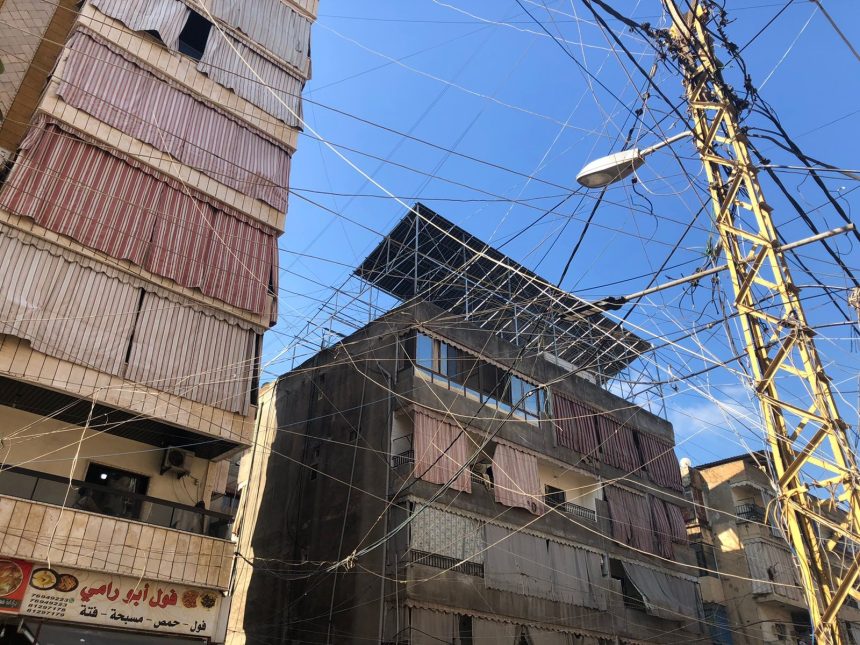Lebanon’s energy crisis continues to spiral, exacerbated by the ongoing war and chronic mismanagement at Electricité du Liban (EDL), the state-owned utility. EDL’s inefficiency, high production costs, and inability to collect payments have crippled its capacity to purchase fuel and expand electricity supply beyond a meager few hours per day. The Ministry of Energy and Water recently estimated that $480 million would be required to restore power to pre-conflict levels—just four hours daily—and revealed plans to secure a $250 million loan from the World Bank to finance an 8-megawatt solar energy project.
While LIMS has long advocated for solar energy as a solution to the nation’s power woes, it has expressed skepticism regarding the government’s ability to manage such projects effectively. Citing previous World Bank-funded initiatives, such as costly and underperforming water dam projects, LIMS highlighted the Ministry of Energy and Water’s history of inefficiency and mismanagement of world bank funding as a critical risk.
To prevent a repeat of past failures, LIMS has proposed an alternative strategy: channeling World Bank funds through a private financial institution rather than the Ministry. This approach would see the private lender finance local renewable energy initiatives, particularly solar farms on the municipal level, which could then repay loans through revenues generated from power production.
This decentralized model would bypass EDL and the government’s inefficiencies, ensuring funds are used effectively while delivering tangible benefits to Lebanese citizens. LIMS pointed to the country’s private generator networks, which boast a 99% bill collection rate, as a proven mechanism to secure loan repayments—an approach starkly different from relying on a government already in default and a utility unable to collect half of its bills.
Highlighting successful solar farms at the local level, LIMS underscored that the primary obstacle to scaling these projects is a lack of financial resources. Properly allocated World Bank funds could decentralize Lebanon’s power generation, enhance reliability, and foster sustainable energy solutions.
LIMS believes that a private-sector-driven model, complemented by government support, offers Lebanon a viable path to clean, affordable, and reliable electricity, ensuring dignity and resilience in the face of the nation’s persistent energy challenges.
- Electricity Losses Are Worsening, So What About Supply? And What Is The Impact Of Not Collecting Revenue On Fuel Purchase Earnings? October 30, 2024: VDL, Video Interview AR
- Electricity In Times Of War: Losses Due To Deliberate Neglect! October 29, 2024: Aliwaa, Article AR
- Electricity And Water Shortages In Displacement Centers: Generators Benefit In Peace And War, October 21, 2024: Al Modon, Article AR
- Turning The Crisis Into An Opportunity To Enhance Solar Energy! October 16, 2024: Al Hiwar News, Article AR

